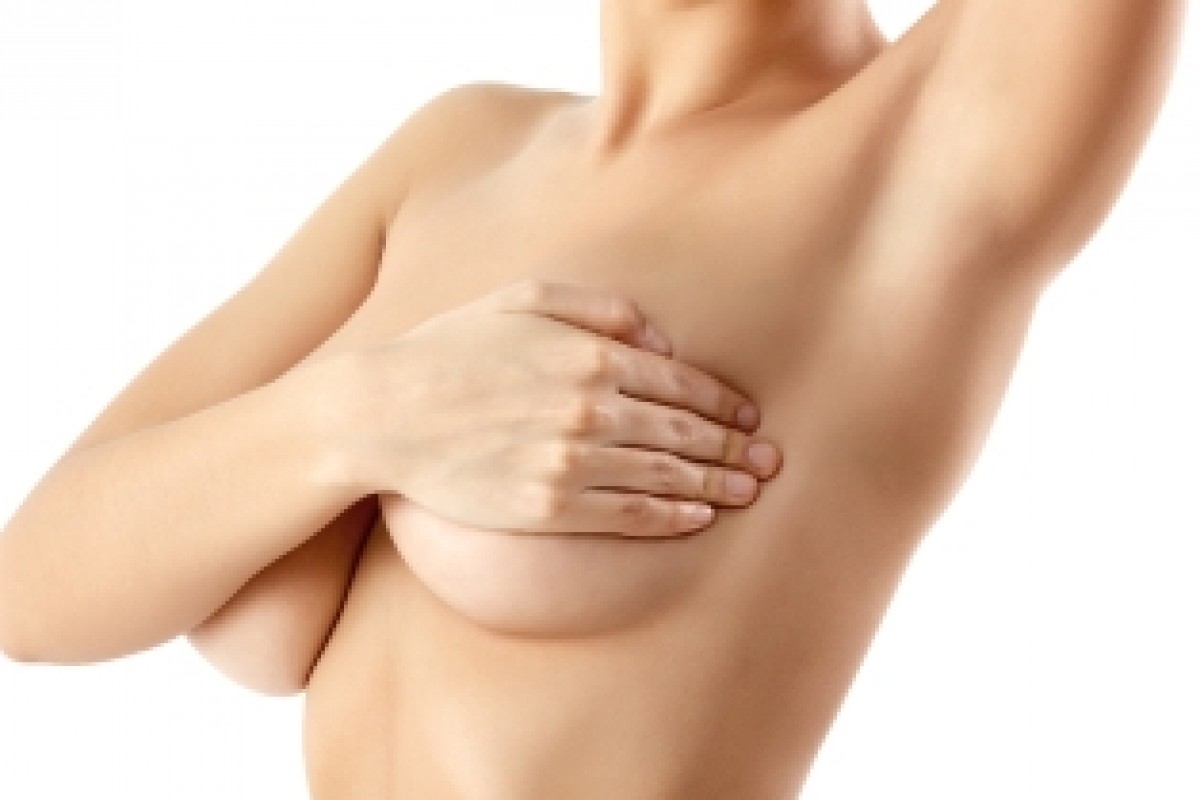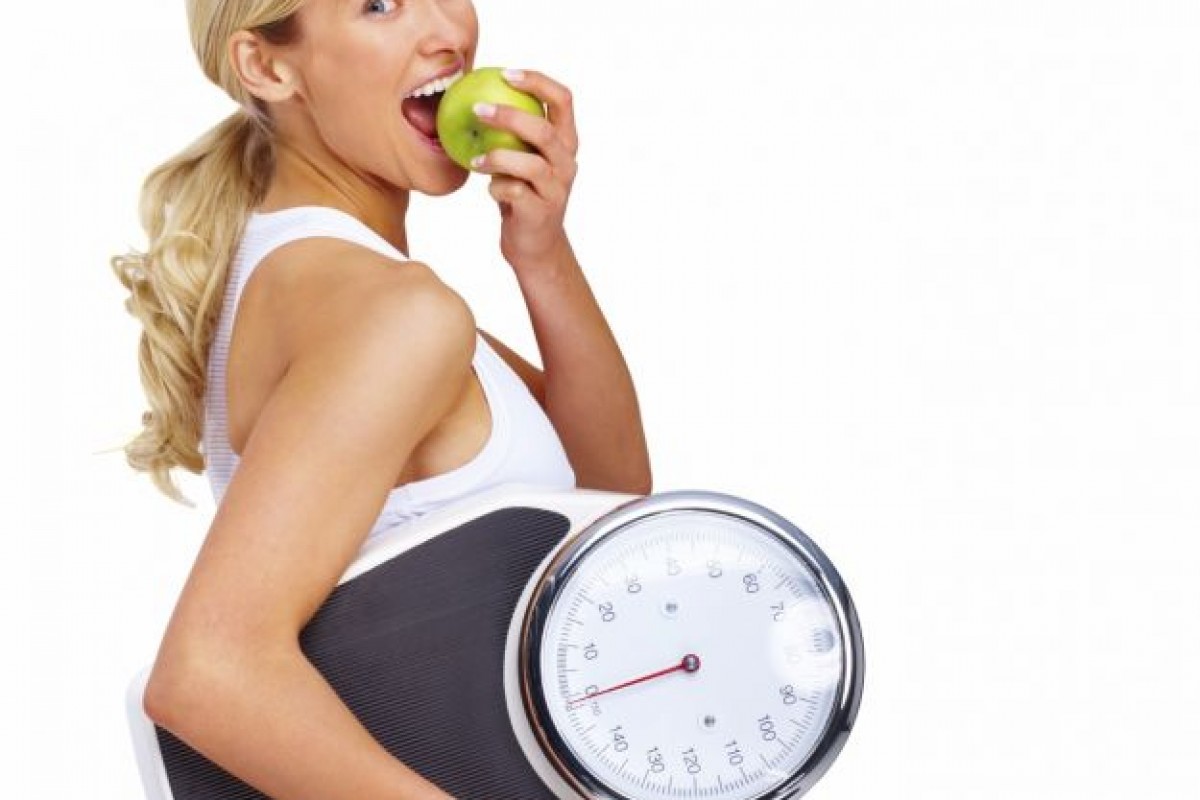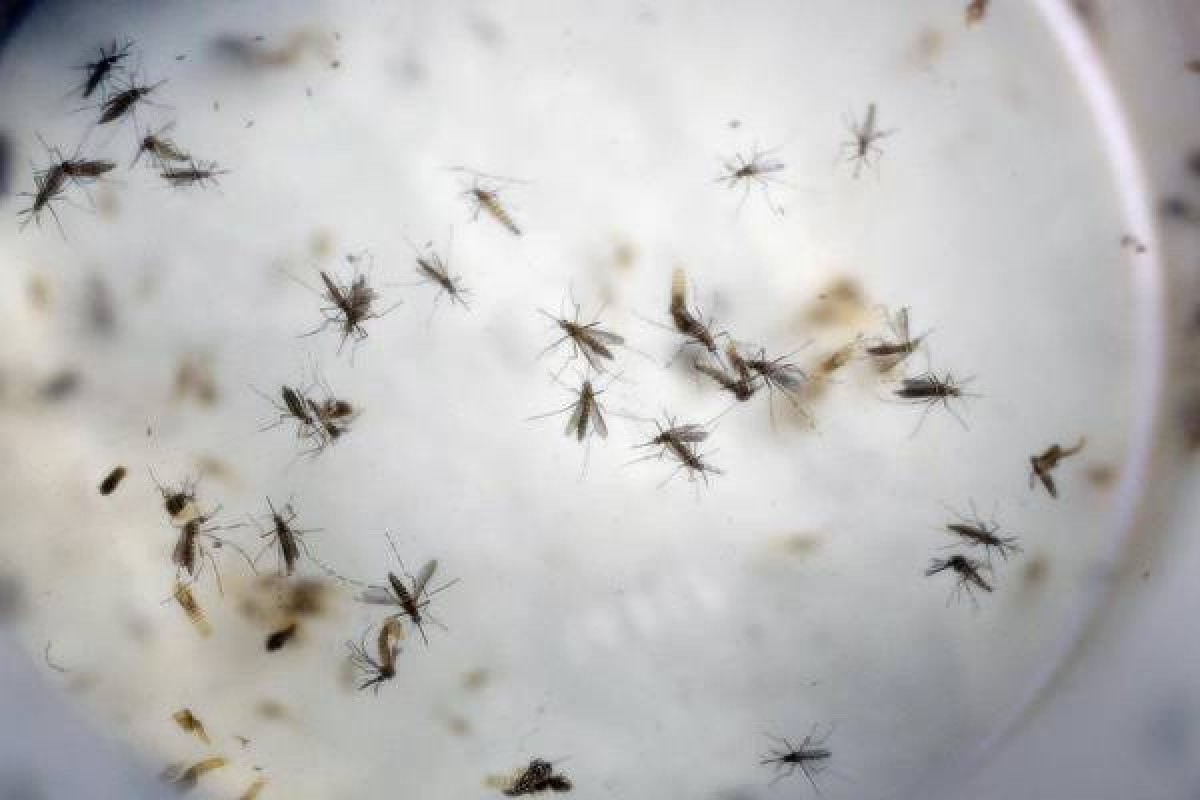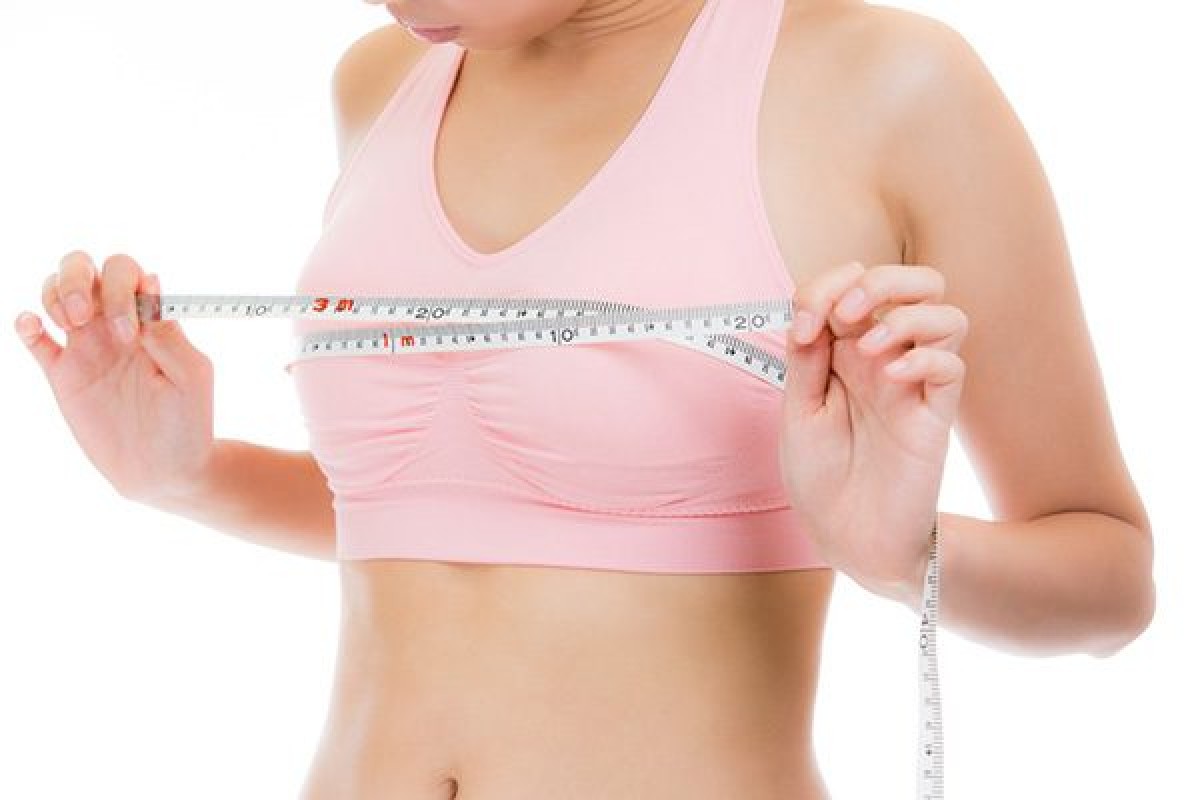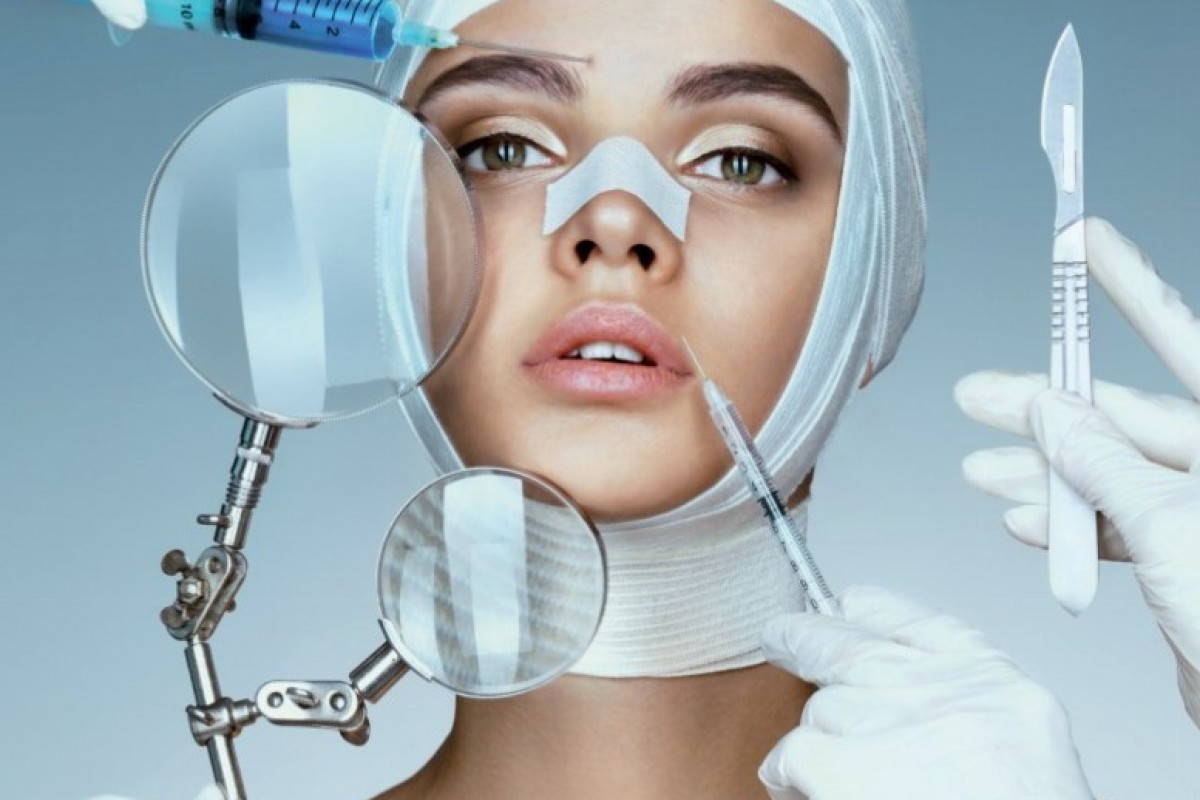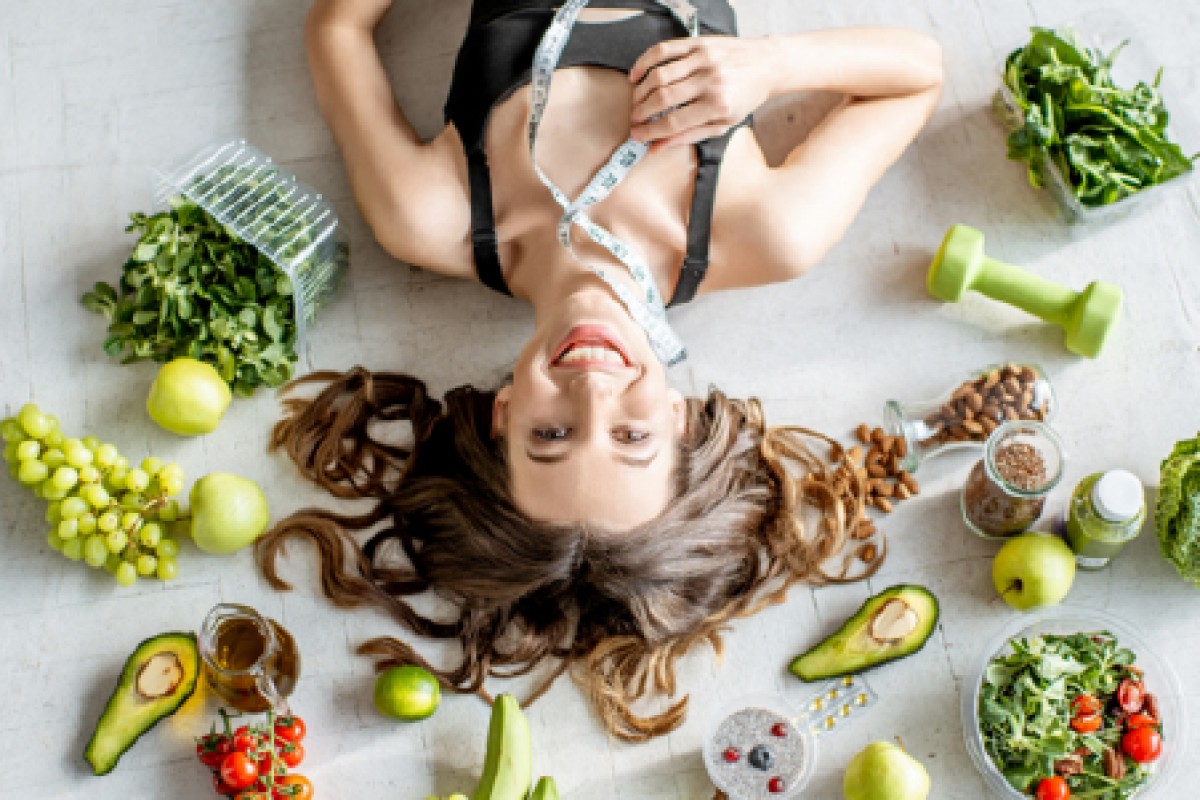
What your hair say about your health
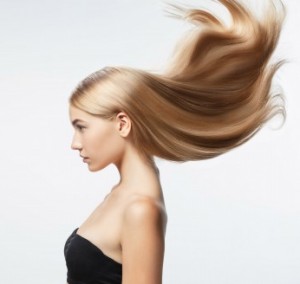
Worrying about the state of your hair and skin is not just vanity. Both skin and hair provide unique, visible windows to the state of your underlying health and energy levels.
By Raffaella Quieti Cartledge
UK nutritionist and hair expert Sarah Carolides unveils the secrets to achieve a luscious and healthy mane.
Are there reasons other than the desire to have beautiful hair, to pay attention to how our hair looks?
Absolutely. Even seemingly unimportant things like a change in hair texture and shine; dry, cracked elbows or small raised spots on the back of your arms can indicate an underlying issue or deficiency. It might just be linked to one small issue, or there could be a combination of factors involved, but either way, looking after and checking up on our skin and hair can ultimately warn us about something potentially serious and give us a general idea on how healthy we are.
Most people’s hair grows at a rate of just over 1cm per month, or 15cm a year and we have over 100,000 hairs on our head and up to 5 million covering our whole bodies! By the age of 40, the rate of hair growth and replacement starts to slow down, and you can lose more than you produce. Excessive or sudden hair loss is a very common problem. Female pattern baldness affects over 40% of all women before the age of 50; post-menopause that will rise to two-thirds of women. These figures are even higher in men: 2/3 of men will experience thinning hair by the age of 35, and 85% will have significantly thinner hair by the age of 50.
What are the main causes of hair loss ?
In order to understand the main causes of hair loss we need to understand how testosterone impacts it.
It is not excess testosterone that causes hair loss. It’s a by-product of testosterone, something called DHT (dihydrotestosterone) which can effectively stop hair follicles from growing. However, testosterone doesn’t have to be converted into DHT. It’s all to do with how much of a particular enzyme called 5 alpha reductase you produce. In other words, you could have fairly low levels of testosterone, but if you have high levels of the enzyme, you’re going to convert a lot of that into DHT and potentially suffer hair loss. Conversely, you could have a lot of testosterone, low levels of 5-AR, and retain a good head of hair. You can test levels of both testosterone (you need to know free testosterone, not just total levels) and also DHT (a blood test is more common, but a saliva test may be more accurate).
So, what you need to do is try and interrupt the body’s conversion of testosterone into DHT. This is what the medications Finasteride does. Minoxidil is another drug commonly used although it has serious side effects and should not be considered lightly. The good news is that there are alternatives. Saw palmetto, which is a fruit tree, acts in exactly the same way as finasteride to stop the conversion of testosterone to DHT.
Another hormone gland that can be crucial for hair health is the Thyroid.
If your thyroid is sluggish and not pumping out enough hormones, or if the hormones are not being converted into active forms properly, hair loss will often follow. The thyroid hormones that are there will be used up for other functions and hair growth gets left behind. It is estimated that 20% of women suffer from underactive thyroids and this increases with age, so having a thorough thyroid hormone check could be useful.
Is there any compound in the food we eat that might cause hair loss?
Something fairly new in the world of hair loss is the recorded action of anti-gliadin antibodies.
Gliadin is a peptide derivative of gluten, mostly found in wheat, barley and rye. As a rule, we don’t digest gliadin well. Many people can tolerate it, but a lot of people will have either an allergy, intolerance or sensitivity to it. More importantly, if your body produces antibodies to gliadin when it gets into the blood stream, those antibodies can sometimes start attacking hair follicles as well, because a couple of molecules on the surface of the hair follicles resemble some of the molecules in gliadin (still with me?). You can test for the antibodies, but I usually find that trying an exclusion diet, where you cut out all gluten for a period of time is better.
What food should people suffering from hair loss eat ?
Here is the list of macro and micronutrient that should always be on our plate in order to promote hair growth and health.
- Protein
Hair is made from hardened proteins called keratin. If you are deficient in protein, hair growth will decrease and you’ll possibly start losing hair as well. This can be an issue when people turn vegetarian or vegan and haven’t monitored their protein levels closely enough. Another issue to consider is whether you are actually absorbing the protein you eat. After the age of 40, we start producing less of the hydrochloric acid and enzymes in the stomach and intestines that help us break down and absorb proteins and amino acids.
You could be eating the best diet in the world. But if you can’t absorb the nutrients in the beginning, you’re not going to get the benefits, and could end up being deficient in several different vitamins and minerals.
I recommend everyone past 40 to experiment with taking digestive enzymes with every meal containing protein, just to make sure you get the maximum from your meal.
- Iron
Iron carries oxygen around the body and is particularly important for hair follicles. If you are low in it, your body will prioritise the more important organs and stop using it for hair growth. Iron is stored in the body as ferritin and we know that if your blood ferritin level is below a certain level (30mg/l to be precise) both hair growth and regeneration suffer as the body seeks to conserve iron.
- Biotin
One of the B vitamins. It interacts with certain enzymes to help produce amino acids that form the proteins in hair. Several studies have linked a deficiency in biotin with hair loss, and people who are deficient can get great results when they start supplementing or increase their food intake.
- Zinc
Zinc helps bind the proteins together, strengthening hair and making it harder to fall out. However, you need to be careful in supplementing this one as there are some studies that indicate supplementing with too high a dose can also contribute to hair loss. So maybe increase your zinc rich foods before you consider a supplement here.
- B Vitamins
As well as the important biotin, vitamins B6, B12 and folate help create red blood cells which carry the oxygen and nutrients to the hair follicles. If you’re not getting enough B vitamins, your hair may be more prone to shedding, slower growth and breakage.
- Vitamins C and E
Always important, vitamin C helps absorb iron into the body and is also used to form collagen, which hair follicles need to grow well. Both vitamins C and E work together as antioxidants to help ward off and repair damage from free radicals.
- Vitamin A
Vitamin A is needed by all cells to grow well, including hair. But again, like zinc, having too much vitamin A can also contribute to hair loss, so searching out the best foods may be better than supplementing this one.
- Vitamin D
Another all-time essential, low levels of vitamin D have been linked to hair loss, although the actual mechanism here is unknown. But as it’s such an important vitamin for so many functions, regularly checking your levels and getting the right supplementation is always a good idea.
- Glutathione
Men who suffer from male pattern hair loss often test with low levels of glutathione and high levels of damage-causing free radicals. Glutathione is a master antioxidant that can work alongside Vitamins A, C and E to slow down hair loss.
- Silicon
Silicon is a trace element that is required for hair growth and development. Like biotin, it works by increasing the levels of amino acids required for the production of collagen and elastin, two compounds that change the thickness and strength of your hair.
As well as all of the above, Omega 3 fatty acids help produce the oils your scalp needs to keep your hair hydrated and shiny. Always worth supplementing these as it’s hard to get enough unless your oily fish, nut and seed consumption is really strong.
Sarah Carolides
Sarah has both undergraduate and postgraduate science degrees from the University of Cambridge and has been awarded Diplomas with distinction from both the Institute of Optimum Nutrition and the Centre for Integrative Sports Nutrition. Her achievements include research papers published in the Journal of Clinical & Aesthetic Dermatology and the Australasian Journal of Dermatology on the links between rosacea and gut health and being a contributor to Patrick Holford’s book: Optimum Nutrition for the Mind.


